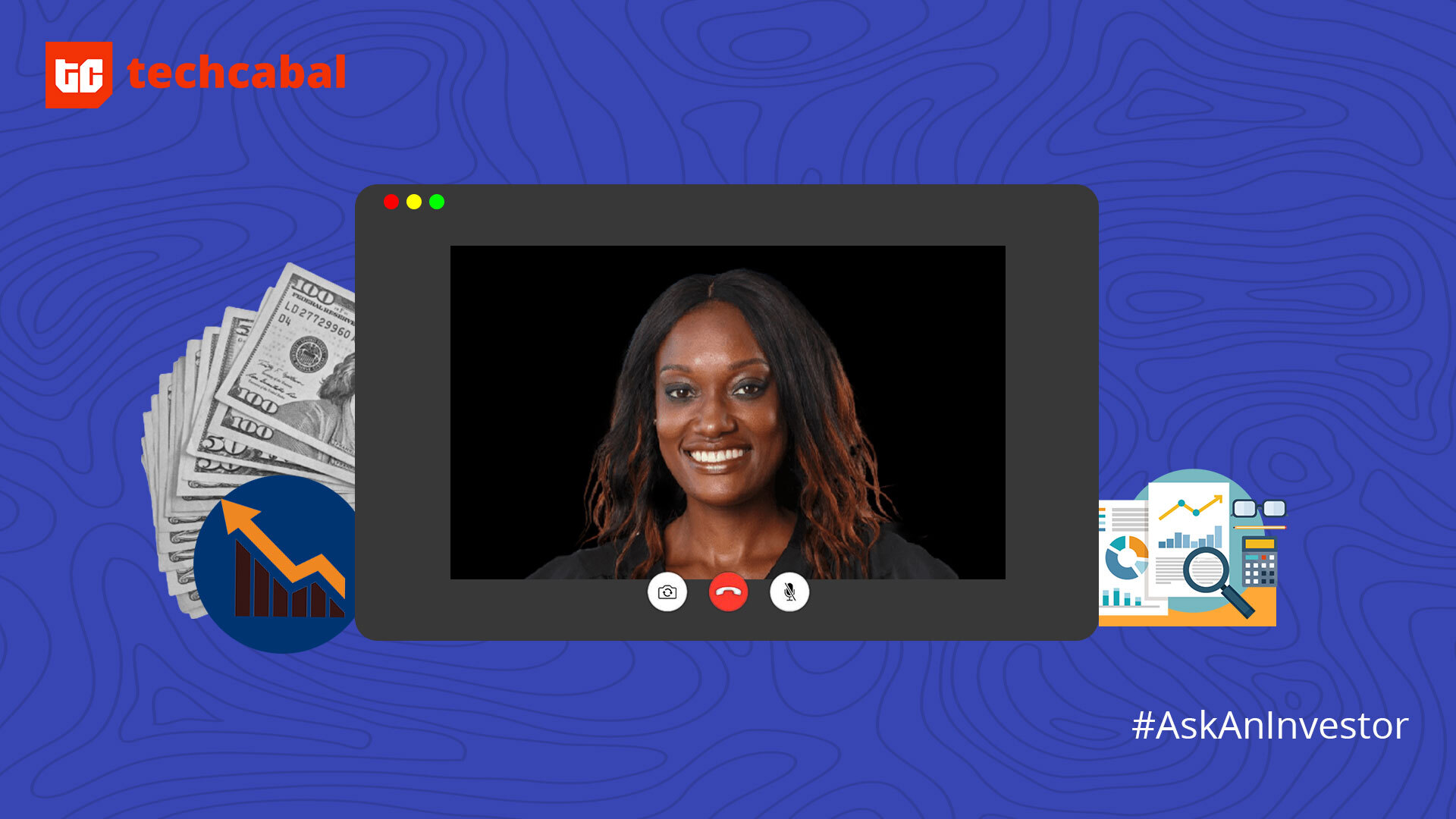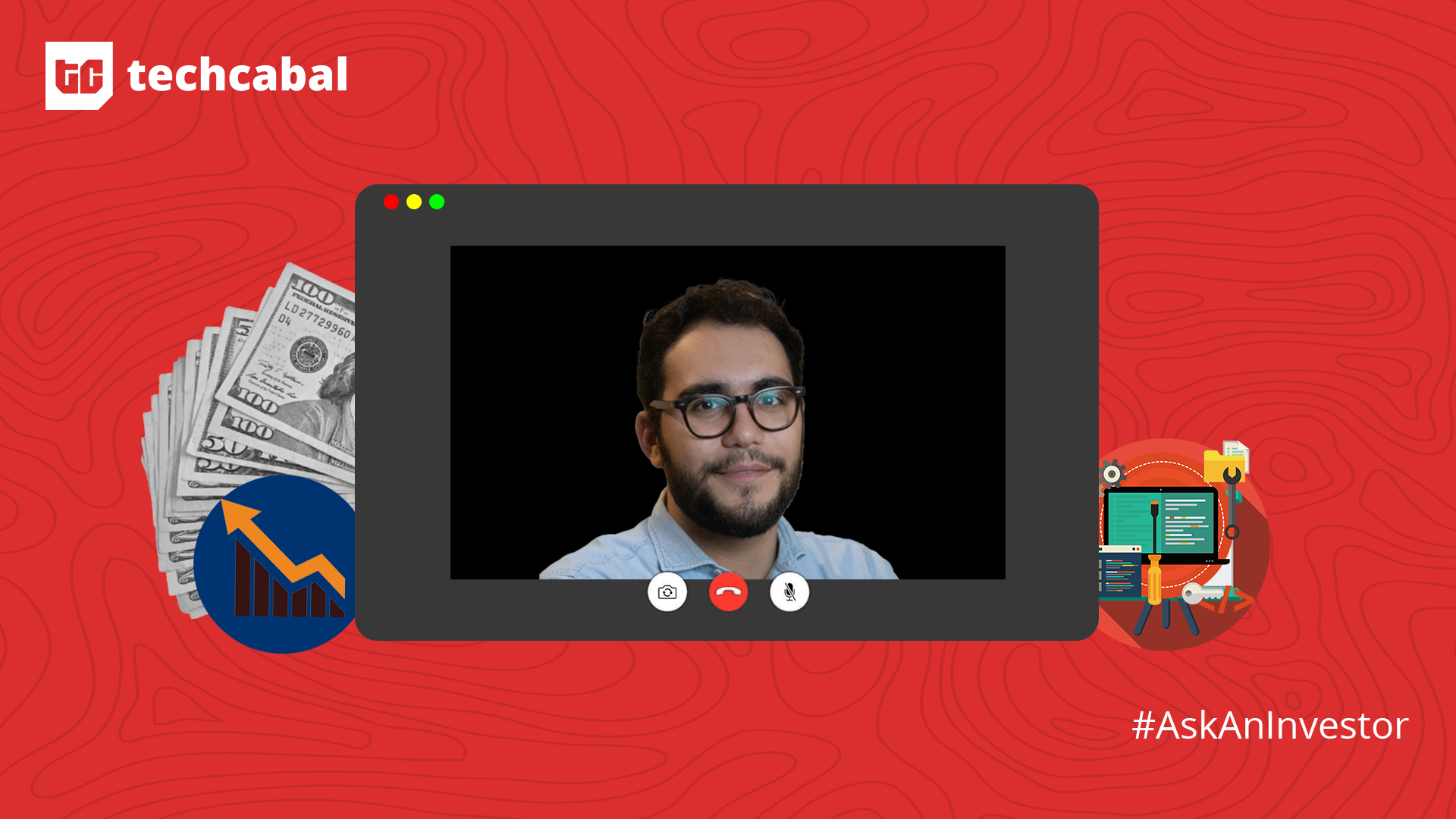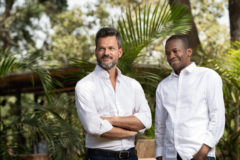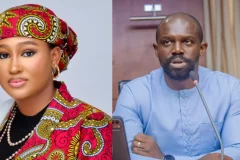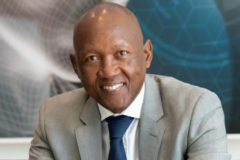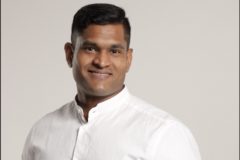Hannah Subayi Kamuanga’s passion for investing is evident in the many hats she wears as a foremost investor in the African tech ecosystem.
She’s currently the country manager for development finance institution Propaco in the Democratic Republic of the Congo (DRC), a board member of the African Business Angel Network, and a partner at Dazzle Angels, a female-focused angel fund. She’s also an investment committee member in 2 pan-African investment funds: Aruwa Capital and Launch Africa Ventures.
Prior to her taking up these roles, she spent 7 years at South Suez Capital, an African private equity fund, and 2 years at the Switzerland-headquartered financial services company, Credit Suisse.
“I love to find, identify talent, provide capital, and see talent grow to create something out of the business, see it grow over time,” Subayi shared with TechCabal over a call. “Investing in companies allows me to combine my data crunching technical skills and legal skills, such as poring over legal briefs or policy documents, while redefining the future of Africa one investment at a time.”
TechCabal sat down with Subayi to learn more about her experience and life as an African investor.
Daniel Adeyemi: What does investing mean to you?
Hannah Subayi: Investing is really about identifying talent, whether it’s a startup, a large business, or a team of promoters trying to set up infrastructure projects. You assess funding needs, structure a deal, invest and monitor the investments. This turns out to have a massive impact in Africa, which I’m very passionate about, and then obviously, you make money while at it.
Currently, as Propaco’s country officer in DRC, which is a frontier market, I have the opportunity to invest through the entire spectrum of different projects from infrastructure financing, down to early-stage startups. Without any conflict, I also advise Aruwa Capital and Launch Africa Ventures, which is the most active fund on the continent with 90% of our founders being local African founders and 25% of them being female.
As an investor, I’d like to ensure that founders in markets like DRC and Madagascar are also getting the funding that they need from institutional investors.
Personally, I have set up a new investment club here in the DRC. In March, we did our first seed investment in a local Congolese company manufacturing and distributing industrial cleaning products such as soaps and toothpaste, which are made from local African products like palm oil.
This investment is a big deal for us because DRC is a typical African country where about 80–90% of our products are actually imported. We don’t have any active industries outside of the mining industry. One of our mission statements as an investment club is that we’re going to support local companies that’ll turn out to become as big as Africa’s leading industrial conglomerate, Dangote, and help industrialise the economy in DRC.
DA: What has the transition from private equity to angel investing and venture capital been like?
HS: As an investor, I’m quite passionate about reinventing myself. Every 3–4 years I discover new industries, new financial instruments, and products. I started out investing through private equity in Africa for a few years; this prepared me as I built my own personal wealth to become an angel investor to back the next wave of entrepreneurs.
I started Dazzle Angels angels back in 2019, right after investing for many years through private equity. I think my experience as an angel investor led me to become more passionate about startups and early-stage investments. And with many investment clubs behaving more like VC firms, despite not having the same technical skills, network and funds, it’s natural that many angel investors move over to become VC investors.
DA: What do you look out for in startups you want to invest in?
HS: For me, I really like to focus on the team, focusing on their consistency and ability to deliver, as well as their resilience, because I think it’s really important in Africa to be resilient.
I ask questions such as do I like the business? Do I understand what they do? Do I feel like there is a prospect for growth and profitability? How disruptive are businesses or what type of impact do they have on the ground?
What is the execution risk? Personally, when I look at an investment opportunity I think of how I can mitigate all of those risks. Obviously, you have to consider the competitive dynamics of the sector and the regulatory environment. But again, with the right team and the right business model, you can navigate those things pretty easily.
In addition, the deal structure is important because you need to make sure that you’re providing the right amount of funding.
DA: What red flags do you look out for when investing in startups?
HS: Personally, it’s always down to the people. For me, a red flag is when the entrepreneur is not completely committed or convinced by his business, his venture—if he’s running 4 or 5 other projects.
The next has to do with the deal terms, which is also a reflection of the team. I think as an investor if you’re not comfortable with the deal terms, and you feel that the entrepreneur is asking for a valuation that’s too high or asking for terms that are too negative for you, then it’s something you might want to walk away from.
For example, there have been instances when entrepreneurs that don’t have a turnover or make less than $5,000–10,000 per month state that their valuation is $5 or $10 million. I often reply by telling them that’s not how it works. These unreasonable expectations are reflected in the terms of the percentage founders offer investors. This also comes up when founders expect investors to make too many business introductions for them. Obviously, as an investor, you’re to make a few introductions but not to become the commercial director.
So already during the due diligence phase, if you hear that the entrepreneurs are asking for many things like commercial introductions that you can’t deliver, then I think you should walk away, and vice versa.
DA: Can you share an overview of what investing in the different regions of Africa look like?
HS: The difference between regions in Africa is a reflection of the economic and social development history. As you know anglophone Africa tends to be a bit more advanced than Arab-speaking and francophone Africa.
I wouldn’t speak too much about lusophone Africa—Portuguese-speaking countries—even though I’ve made an investment in a startup in Mozambique because I think these are frontier markets with a different language, which are not that connected to the rest of the continent.
Nevertheless, we noticed that in all the 3 main regions—anglophone, Arab-speaking, and francophone—we see more and more local institutional funders being active with the right technical skills and willingness to back local champions, which is very optimistic.
We’re also seeing an improvement in the regulatory environment. More startup investment clubs are being supported by local governments. We see universities putting in place structures to assist students who want to create their own startups. We see VC firms being more active at the seed level, series A, and other levels. Generally speaking on the continent, there is still a lack of sufficient pre-seed funding, which typically is taken care of by the government.
The quality of companies is increasing everywhere. I’m always happy to demonstrate that even in francophone Africa, you’ll find 5 founders and startups who have better metrics in terms of turnover, number of users, and profitability than in Anglophone Africa.
However, we cannot deny that the operational environment remains a bit tougher to some extent in francophone Africa. So, obviously, if you’re a founder in one of these francophone markets, compared to someone who might be in South Africa, or Egypt, you’ll struggle a bit more and the pace at which your business grows is not the same.
We’re also seeing an increase in intra-Africa transactions. So, we see more North African investors who are trying to get into anglophone Africa. We see more anglophone African investors trying to invest in francophone Africa. So it’s very exciting to be alive at this time when investors and startups are operating across different regions.
Part of the reason why this is happening is that there are more investors just like me who have worked and studied across different regions, enabling them to understand the different contexts and navigate them better. We have more African investors who are well-rounded in terms of understanding the different ecosystems and we see an increase in investment into the 3 regions, and hopefully, francophone Africa will continue to catch up.
DA: Anything more, especially about the francophone Africa space?
HS: Historically, francophone Africa, just by virtue of the language, mainly only looked to France for funding and expansion. But I don’t think it’s the case anymore.
If you look at startups, like Wave, you can see that most of the funding came from the US and other international investors. If you look at francophone African startups, they are incorporated in Paris but that’s not any different from other startups that are incorporated in Delaware.
Irrespective of where startups are incorporated, I think that there’s some uniformity around standard practices and strategies of startups in the continent, which also explains why we see an uptick in investments for Africa. There’s a similarity in the way entrepreneurs think about their growth and expansion and how they talk to investors, which is literally what you want because you want to make sure that everybody’s playing on an equal field and to make sure that startups are receiving the right level of funding.
DA: What’s it like being a female investor?
HS: I think there are many features in my profile that some people might interpret in a good or negative way, but at the end of the day, it’s all about positioning. It’s all about being consistent in terms of who you are as an investor, what you’re trying to achieve, and connecting with the right type of opportunities.
As a female investor in francophone Africa, I haven’t really felt potentially discriminated against because I’ve worked with entrepreneurs who respect me. Typically, if you demonstrate that you have the right technical skills, the right network, and are a nice person, people will work with you.
On the other hand, when it comes to managing our careers or raising funds, it might be more challenging for female investors. But it’s a representation of the issues that female professionals face in all industries. So I wouldn’t say that it’s the worst in the investment space.
It’s about understanding what you can bring to the table and adapting your strategy to suit the person you’re dealing with. Also, at the end of the day, as an investor, you also have to walk away from situations and opportunities that are clearly not capable or willing to work with you.
DA: How do you spend your time? What does a typical day look like?
HS: When I look at all the great African investors like Mariame Diop, Zachariah George, or Tomi Davies who are doing much more than I’m doing, it’s always humbling.
Managing Propaco in DRC takes most of my time, attending investor committees, talking to CEOs of large companies and startups to talk about due diligence processes monitoring, investment, doing site visits, as well as here in DRC. I also occasionally deal with lawyers to be sure the legal documentation is correct or dealing with litigation.
I do all of this and attend social events like seminars and conferences. We don’t talk enough about that because as an investor, it’s quite important to be well connected to your business community, whether it’s other investors or entrepreneurs.
DA: What trends are you seeing in the market?
HS: When we started Launch Venture Africa last year, we were investing in startups with no revenue but now it’s difficult for us to look at a startup that’s not generating at least $20,000. That’s how competitive the market has become.
We’re seeing more and more investments between various financial institutions. We’re seeing more synergies between investment clubs, and there are new structures that are put in place that are a mix of investment clubs and VC funds, like Future Africa and Dakar Network Angels.







